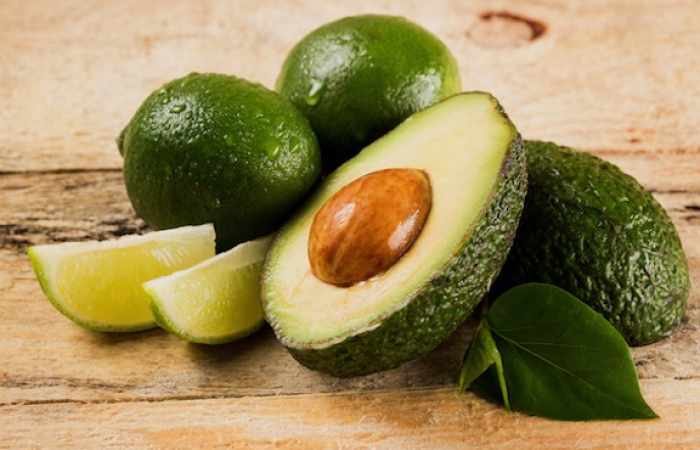Why researchers recommend eating avocado every day

The researchers concluded that avocados have the most beneficial effects on cholesterol levels, and that consumption of the creamy fruit can influence several different measurements: LDL (bad) cholesterol, HDL (good) cholesterol, triglycerides, total cholesterol, and phospholipids.
That’s not all, though. "The lipid-lowering, antihypertensive, antidiabetic, anti-obesity, antithrombotic, antiatherosclerotic, and cardioprotective effects of avocado have been demonstrated in several studies," wrote the authors, and most of those studies recommend eating the fruit on a daily basis. In other words, avocados can help fight pretty much every aspect of metabolic syndrome.
“This is just yet another study to show that avocados truly deserve superfood status,” says Health’s contributing nutrition editor, Cynthia Sass, RD, MPH. Sass was not involved in the review, but says it includes an “impressive range of studies.”
Sass points out that avocados can help stave off belly fat, the most dangerous type of fat to carry. And even though they’re high in (healthy) fat compared to other fruits, it’s hard to go overboard and eat too much. “Fortunately avocado is very satiating,” she says. “It’s almost like they have a built-in stop-gap.”
Research also shows that people who eat more avocados weigh less and have smaller waists than those who don’t, even when they don’t consume fewer calories overall. “This is yet another example of how not all calories are created equal,” Sass says.
Plus, avocados are a good source of antioxidants, fiber, vitamins, and minerals, in addition to their heart-healthy monounsaturated fats. And, as the review notes, they're generally safe and better tolerated than synthetic medications.
Want to add more avocado to your regular diet? Besides using the fruit to make guacamole and super-trendy avocado toast, you can also whip it into smoothies, add it to omelets and salads, and—with a little seasoning—use it as a topping for sandwiches, soups, fish, chicken, pizza, you name it. Avocado can even be used as a replacement for butter in baking recipes, and its creaminess makes it a good base for desserts like ice cream and pudding. (For more ideas, check out 25 Amazing Avocado Recipes for the Avo-Obsessed.)
To get our best nutrition tips delivered to you inbox, sign up for the Healthy Living newsletter
“If you've never tried avocado in these ways, trust me, you'll love it,” Sass says. “Avocado blends well with both sweet and savory ingredients, and provides the satisfaction factor that makes dishes decadent. Incorporating more avocado into your diet is like having your cake and eating it too!”
Oh, and while the study looked at several parts of the plant, Sass recommends sticking with the flesh for now. “We don’t yet know enough about the safety of eating pits and peels,” she says.















































